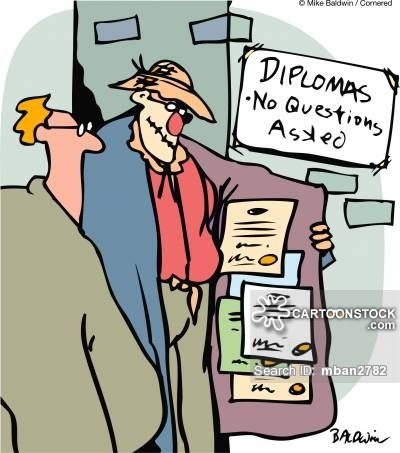
But we are not there yet, so my son has to think of his après-Lycée. This might be fairly straight-forward if he had a passion for something or was supremely bright and hard-working. Unfortunately, the only thing he’s passionate about is having a good time, playing on the XBox and looking cool. One cannot base a future on any of those things, and he’s bright but not so brilliant that he doesn’t have to work.
The French are pretty merciless when it comes to lycée upwards, in certain circles at least, and of course the ones I move in, starting with my son’s father. So, received wisdom on schooling amongst the bourgeois goes like this:
1. the only Bac to do is the S Bac (formerly the C) and anyone who doesn’t do S is a loser. S is the Scientific Bac but such is its aura of influence that you can go on to do anything you like post-Bac. Basically if you are brainy you do S, and if you are not scientifically brainy and good at maths you are a loser. The government is leading a losing battle on overcoming this prejudice by declaring that all Bacs are equal because they appeal to different intelligences. The bourgeois public know better and are having none of it.
2. Post-Bac you have 3 choices of further education for those who want to carry on in academia. The brightest are supposed to do a preparatory class lasting two years after which they enter exams for private Grand Ecoles. Grand Ecoles are not universities, but specialist centres of further education such as HEC (Hautes Etudes de Commerce), Ecole Polytechnique, and the Ecole Normale Superieur to name but three. They are not cheap, costing thousands of euros per year but do guarantee excellent career prospects. Prépa, as it’s called, is two years of hell if you want to do well, demanding long hours of work, no social life and lots of reading.
If you do not go to prépa, you are a loser and end up either at the fac (university), or an IUT (Institut Universitaire de Technologie) which are a bit like the old UK polys. You can stave off loser status only if you are an academic nerd, or want to study for a profession such as law, medicine, pharmacy, or become a teacher. The fac has to take anyone who has a Bac and wants to go there. The first year is hell as it is stuffed full of people who shouldn’t be there, and those who can’t cope fall gradually by the wayside after wasting a year or two. You leave at the end with a Licence, a three-year degree which is useless unless you go on to complement it with post-grad studies. The French love people to enter the workforce already trained and specialised in something.
The IUT offers two-year diplomas which can be transformed into a Licence Professional with a third year, but the IUT is also an alternative way of preparing for the less prestigious Grands Ecoles without the breakdown-inducing workload.
My son is not interested in any of the above. To start with, he doesn’t want to do the Bac S (cue apoplexy from papa) because he hates physics, so he wants to do the ES which is Economics.
Next, he doesn’t want to do a prépa (cue apoplexy from papa) because he is a lazy sod but did have the idea of going to the fac and then doing a Masters in the UK (Plan A).
Then I suggested a third way (ignoring the IUT which was never on the books) - doing a degree in the UK at a good university and coming back to do a Masters or something if he wanted. He would have to do a foundation year in academic English, dissertation/report writing etc but that could only stand him in good stead in the future. One company that offers this worldwide is EF (Education First) which also has links to many UK universities including Nottingham and Exeter.
My suggestion, to get him motivated, would be to do the foundation year in London ( “Oooh yes!!”) and then go to a good university to do something like economics because there’s no way he’ll get into LSE or UCL. There’s no point going at all and incurring all that debt if he doesn’t get a good bac. In that case he can just go to the fac and implement Plan A.
British universities have the equivalents for A levels all sorted:
| UK GCE Advanced Level grades | French Baccalaureate equivalence (overall average, plus this score in specified subjects) | Option International (overall average, plus this score in specified subjects) | |
|---|---|---|---|
| A*A*A* | 18 | 17 | |
| A*A*A | 17 | 16 | |
| A*AA | 16 | 15 | |
| AAA | 15 | 14 | |
| AAB | 14 | 13 | |
| ABB | 14 | 13 | |
| BBB | 13 | 12 | |
| BBC | 13 | 12 | |
| BCC | 12 | 11 | |
| CCC | 11 | 11 |
One possibility, for example, would be to apply to do Economics at Nottingham which has a requirement of three As. My son would have to get an average of 15 at his Bac. Exeter requires 14.
He is pretty enthusiastic about this because it will no longer matter that he does the ES Bac, it'll even be coherent with his further studies, and I'm hoping it'll encourage him to aim high rather than doss about and scrape through his Bac. Even my bourgeois TWDB (who has a son at HEC) thinks it's a good idea, a solution to escape the tyranny of hard line critics in a system which doesn't suit my son.